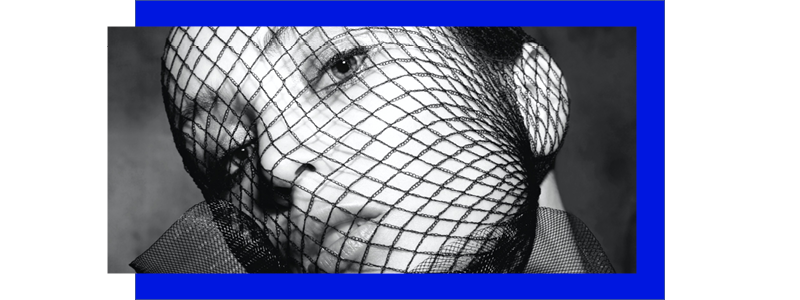The pre-owned luxury goods market is growing dramatically. With sustainability in trend, vintage shops and local second-hand markets are positioning themselves as conscious alternatives to fast fashion. The circular economy is the main driver of the resale growth, fueled mostly by younger affluent generations and their desire for more sustainability. But can pre-owned luxury goods change our attitudes towards a circular economy?
Cover photo: © Pexels
Pre-owned luxury
Let’s start at the beginning. According to Statista, the value of personal luxury goods worldwide has grown to over 31 billion dollars in 2019 compared to approximately 21,5 billion dollars in 2017. Nowadays, 78% of the global resale market consists of watches and jewelry, where only 22% deals with apparel and fashion.
The COVID-19 pandemic has been the greatest impetus in our concept of ownership, which, in turn, increased the role of recommerce. Nevertheless, overall digital transformation is pushing the second-hand market go online allowing everyone to participate. One of the major advantages of the secondhand market has always been the ability to shop the limited-edition releases and sold-out exclusives.
New platforms
There are already many big players on the market, completely transforming the experience of the luxury secondhand market, where The RealReal and Vestiaire Collective are the main trend setters in the luxury resale market. They do not only resell exclusive luxury items, but also offer consignment, at-home pickup, photos, and storage to their customers and sellers.
Farfetch, one of the main luxury digital giants, recently has taken part in the luxury resale market. During last year, the online retailer introduced a “Second Life” platform, allowing customers to exchange their pre-owned designer bags for store credits.
Hence, the players in traditional fast fashion are trying to transform their attitudes too. This year, COS has launched a resale platform, where their community can buy and sell pre-owned COS goods. LEVI’S is now allowing customers to buy vintage jeans directly from the brand, instead of browsing around at some secondhand stores.
Will the future of fashion be centred around resale? We don’t have the answers, but one thing is sure: resale has made a revival that can’t be ignored any longer.
Also read: The hottest sustainable activewear brands for your home workout










